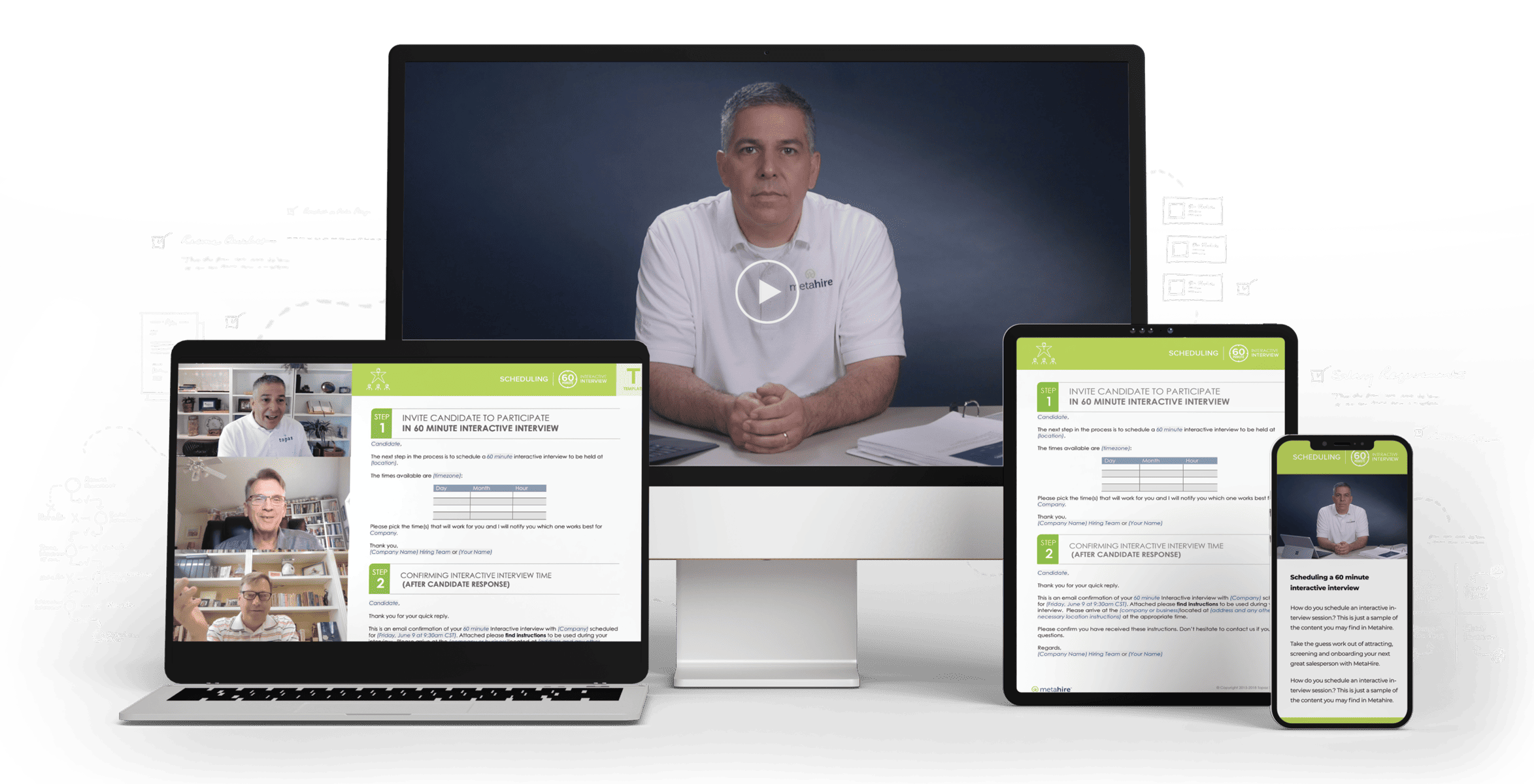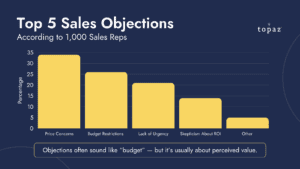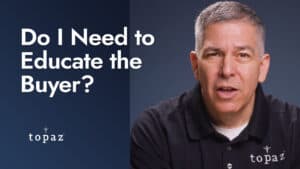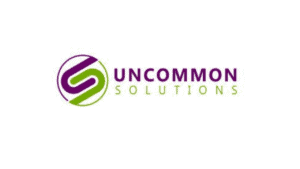Salespeople often struggle with how much information to share with potential customers.
Should they educate the buyer at every opportunity, or is there a better approach?
Many believe that answering every question in detail demonstrates their expertise and secures the sale. But is that the most effective strategy?
Finding the right balance between providing information and overwhelming the buyer can be challenging. While educating potential customers about your product or service is important, it’s equally vital to consider their specific needs and stages in the purchasing journey.
Too much information at once can lead to confusion or disengagement, while too little can result in missed opportunities to showcase your expertise. But if you can get comfortable knowing when and how to share knowledge, you’ll see a positive impact in your sales discussions.
So, do you need to educate the buyer? Let’s dig in.
What are Self-Limiting Beliefs?
Before we discuss educating buyers, you should address any self-limiting beliefs that may be holding you back from effectively engaging with potential customers. These beliefs include thoughts like “I’m not knowledgeable enough” or “I don’t want to come across as pushy.”
It’s normal to doubt or question yourself (especially when times are tough and hitting quota seems impossible), but it’s essential to recognize and challenge these beliefs if you want to be an expert Buyer Facilitator.
So how does acknowledging, addressing, and overcoming self-limiting beliefs impact your ability to educate (or not) buyers?
Recognizing and overcoming self-limiting beliefs is partially to boost your confidence, but more importantly, an opportunity to develop pathways to deeper engagement with your buyers.
When you no longer view yourself as an expert whose primary role is to sell, you can shift your mindset towards being a facilitator of knowledge and solutions. This transition allows you to initiate meaningful conversations that go into your potential customers’ specific needs and pain points. By actively listening and understanding their unique challenges, you can tailor your explanations and demonstrate how your product or service aligns with their objectives.
Acknowledging your self-doubt can also foster a genuine connection with prospects.
Expressing vulnerability and a willingness to learn alongside them can break down barriers and build trust. This two-way dialogue cultivates rapport and enables you to provide relevant insights that resonate with the buyer’s situation.
The goal is to make your prospects feel heard and understood, not to talk at them or pitch them. By toeing the fine line between education and engagement, you’ll pave the way for more productive interactions that lead to informed decisions and, ultimately, successful conversions.
The Importance of Active Listening
We’ve mentioned the importance of active listening in effective prospecting before, but it’s worth reiterating in the context of educating buyers.
Just waiting for your turn to speak is not active listening. You need to make a genuine effort to understand and empathize with the person you’re speaking to. This involves asking probing discovery questions, summarizing what you’ve heard, and showing genuine interest in their responses.
Active listeners also pay attention to nonverbal cues and tone of voice. These can provide valuable insights into the person’s emotions and level of engagement, helping you better tailor your message.
Through active listening, you can uncover the underlying motivations and challenges that drive a prospect’s decision-making process — critical info for educating buyers effectively, as it allows you to frame your product or service in a way that resonates with their needs and priorities.
If you fall into the trap of over-explaining without context, you’ll encounter scenarios like this:
Prospect: “I’m not sure if this product is right for me.”
Salesperson: “Let me tell you about all the features and benefits of our product. It’s the best in the market and has won multiple awards!”
In this scenario, the salesperson failed to understand the prospect’s concerns and tailor their explanation accordingly. That’s why it always comes back to asking questions like these:
- Why are they having a conversation with you in the first place?
- Why do they feel the product isn’t the right fit?
- What other solutions have they implemented in the past (or currently) that they’re unsatisfied with?
- How long have they been seeking a solution like yours?
- What information about your solution is missing that could help you make a more informed decision?
- What does their timing for implementing a new solution look like?
Instead of asking more questions to tailor their response, the salesperson provided a generic pitch that may not have addressed the prospect’s specific needs or objections. They didn’t “press the bruise” to uncover pain points or determine appropriate next steps — they were only focused on a quick sale or transaction.
In this scenario, the salesperson didn’t need to educate the buyer. They needed to actively listen and understand their concerns before providing relevant information.
Read: What Questions Every Salesperson Should Be Asking to Close More Deals
When to Know if You Should Educate the Buyer
So when should you educate buyers, and when should you focus on active listening and understanding their needs?
It all depends on where the prospect is in their purchasing journey and whether you want to achieve short-term success or establish a long-term relationship.
Ask yourself: Are they still in the awareness stage, just learning about potential solutions to their problem? Or are they at the consideration stage, actively evaluating different options?
If a prospect is in the early stages of their purchasing journey, it may be helpful to provide more general information about your product or service after asking a series of discovery questions. This can help build initial interest and establish yourself as an expert in your field without diving into too much detail over features, benefits, and so forth that the buyer simply doesn’t care about.
However, if a prospect is further along in their journey and has already identified specific pain points or objectives, you should be in full Buyer Facilitator mode, asking questions and actively listening to understand their unique situation before providing tailored education and solutions.
In both cases, the key is to find harmony between educating and engaging. One without the other won’t be effective in closing deals or building long-term relationships with buyers.
Look out for these buyer signals and adjust your approach accordingly:
- Are they asking specific, detailed questions about your product or service?
- Are they actively participating in the conversation and showing genuine interest?
- Do they have a clear understanding of their needs and priorities?
- Are they open to considering different options or solutions?
If you notice these signals, it’s time to focus on education. But always remember that active listening and understanding come first. Without a solid foundation of trust and rapport, your attempts at education will fall flat. If you’re still only focused on getting a “yes,” you may want to reconsider your approach.
PRO TIP: Get all of your questions answered before answering theirs.
The Takeaway
As you continue to develop your skills in active listening and tailored education, consider this: every conversation with a prospect is an opportunity to showcase your expertise and gather insights that can refine your approach and deepen your relationships.
Don’t look at buyers as numbers or transactions. View them as individuals with unique challenges and goals. By understanding and educating buyers effectively, you’ll drive more conversions and build a loyal customer base that will trust your insights and turn to you for solutions time and time again.
Remember: Successful salespeople don’t just sell products or services — they facilitate informed decision-making by educating buyers every step of the way.
So keep striving to be the best Buyer Facilitator possible because, in the end, it’s not about making a sale – it’s about building long-term relationships with satisfied, informed buyers who trust and value your expertise. Keep listening, keep learning, and keep growing as a professional salesperson. The results will speak for themselves.
Need guidance on how to improve your active listening skills and tailor education to buyers? Reach out to get connected with one of our sales consultants for personalized advice and strategies.
FAQs
1. Why is it important to balance educating the buyer with active listening?
Balancing education with active listening ensures that you address the buyer’s specific needs and concerns. This approach builds trust and rapport, making your interactions more meaningful and increasing the likelihood of closing a sale.
2. How can I tell if a prospect needs more information or just wants to be heard?
Pay attention to their questions and engagement level. If they ask specific, detailed questions about your product or service, they may need more information. If they express concerns or hesitations, focus on understanding their needs before providing additional details.
3. What are some signs that I might be over-educating a buyer?
If you notice the buyer becoming disengaged, confused, or overwhelmed, you might be over-educating. It’s important to gauge their reactions and adjust your approach accordingly to keep the conversation relevant and engaging.
4. How can I improve my active listening skills during sales conversations?
Practice asking open-ended questions, summarizing what you’ve heard, and showing genuine interest in the buyer’s responses. Paying attention to nonverbal cues and maintaining eye contact can also enhance your active listening abilities.
5. When should I focus more on educating the buyer rather than listening?
Focus on educating the buyer when they are actively seeking information and have specific questions about your product or service. This typically occurs when they are further along in their purchasing journey and need detailed insights to make an informed decision.







